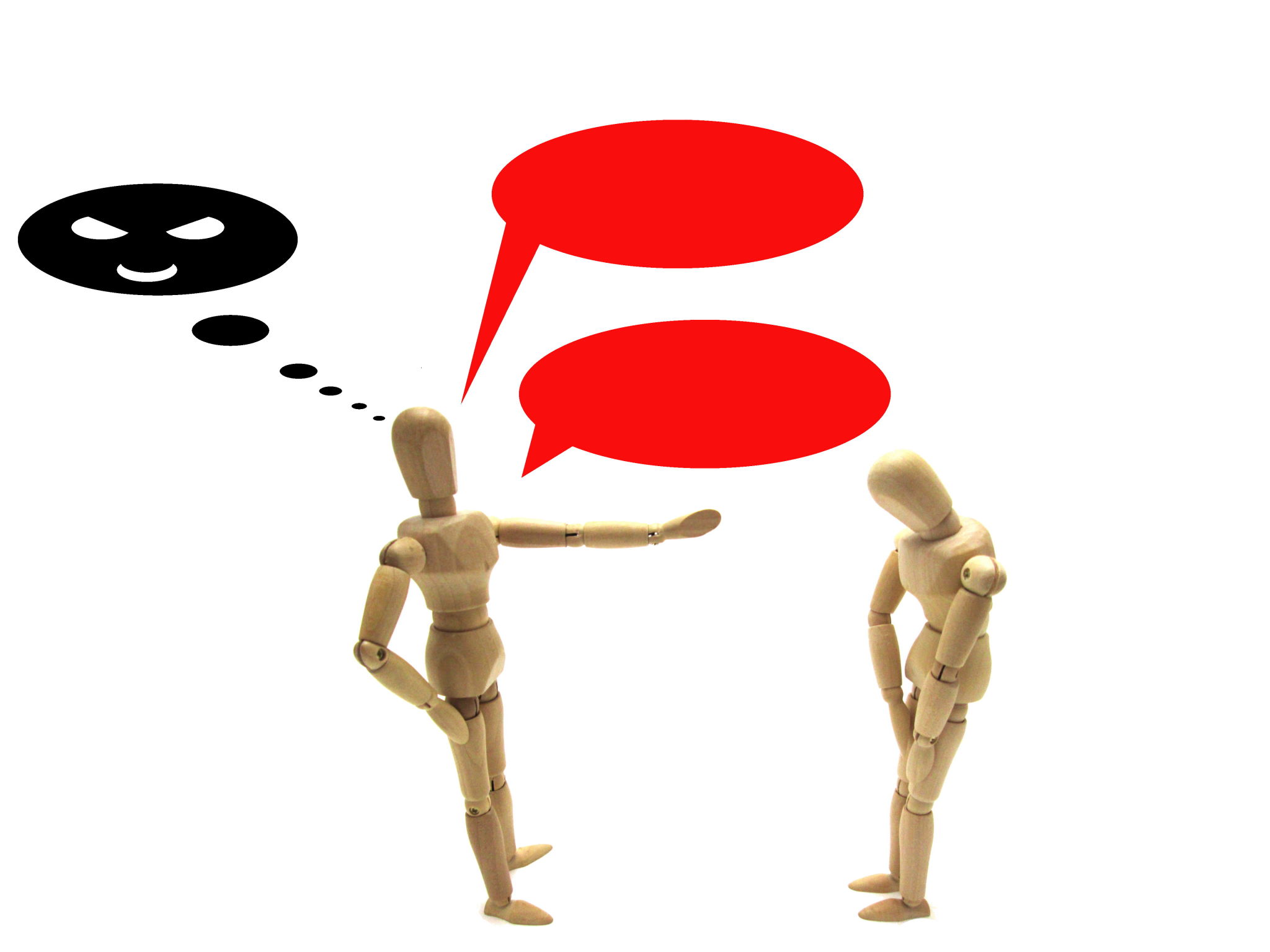Philosophical Literature Reviews: How to Analyze and Critique Philosophical Texts
Understanding Philosophical Texts
Philosophical literature offers profound insights into human existence, morality, knowledge, and truth. Analyzing and critiquing these texts requires a deep understanding of their context, argumentation, and implications. Unlike other literary forms, philosophical works demand a rigorous approach to ensure a comprehensive grasp of the author's intentions and the text's significance.
The first step in analyzing a philosophical text is to understand the historical and cultural context in which it was written. This involves researching the period, the author's background, and the prevailing philosophical movements at the time. Such knowledge provides a framework for interpreting the text and understanding its influences.

Identifying Key Arguments
Once the context is established, the next step is identifying the key arguments presented in the text. Philosophical works often contain complex reasoning and require careful reading to discern the main thesis and supporting arguments. Look for statements that highlight the author's primary claims and note how these are supported or challenged throughout the text.
It is important to pay attention to the structure of the argument. Philosophical texts often follow a logical progression, with premises leading to a conclusion. Identifying this structure can aid in understanding the flow of ideas and how they contribute to the overall argument.

Critiquing Philosophical Texts
Critiquing a philosophical text involves evaluating the strength of its arguments and the validity of its conclusions. Start by assessing whether the premises are sound and logically lead to the conclusions drawn by the author. Consider alternative interpretations or counterarguments that might challenge the author's position.
Another aspect of critique is examining the text's relevance and applicability to contemporary issues. Philosophical texts often address timeless questions, but their interpretations can evolve with new societal contexts. Analyze whether the arguments hold up in today's world and if they provide new insights or solutions to modern problems.

Utilizing Secondary Sources
Secondary sources, such as academic articles or commentaries, can provide additional perspectives on a philosophical text. These sources often offer critiques, interpretations, or historical analyses that can enrich your understanding. When using secondary sources, ensure they are credible and relevant to your analysis.
Secondary literature can also illuminate different schools of thought related to the primary text. Engaging with these discussions can help you form a well-rounded critique that considers various viewpoints and interpretations.
Developing Personal Insights
After thorough analysis and critique, it is essential to develop your personal insights regarding the text. Reflect on how the philosophical arguments resonate with your own beliefs or experiences. Consider writing a reflective piece that connects the text with personal observations or contemporary issues.
Your insights should not only summarize existing analyses but also offer a unique perspective or question established interpretations. This approach not only deepens your engagement with the text but also contributes to ongoing philosophical discussions.

Conclusion
Analyzing and critiquing philosophical texts is a rewarding endeavor that enhances critical thinking and deepens understanding of complex ideas. By considering historical context, identifying key arguments, engaging with critiques, and developing personal insights, you can appreciate the richness of philosophical literature and its impact on both past and present dialogues.
Ultimately, engaging with philosophical texts is an invitation to think deeply about fundamental questions and explore diverse perspectives. This process not only enriches academic pursuits but also contributes to personal growth and intellectual development.
